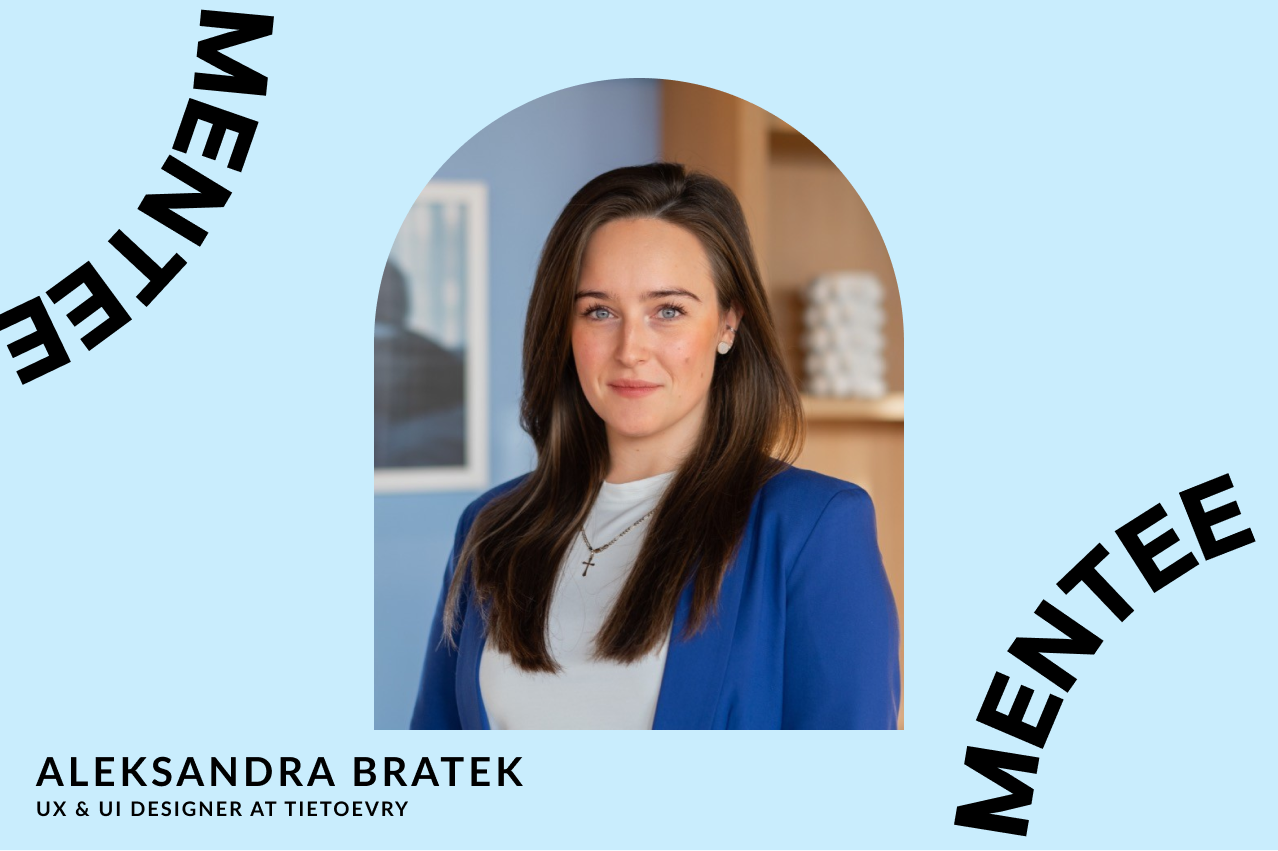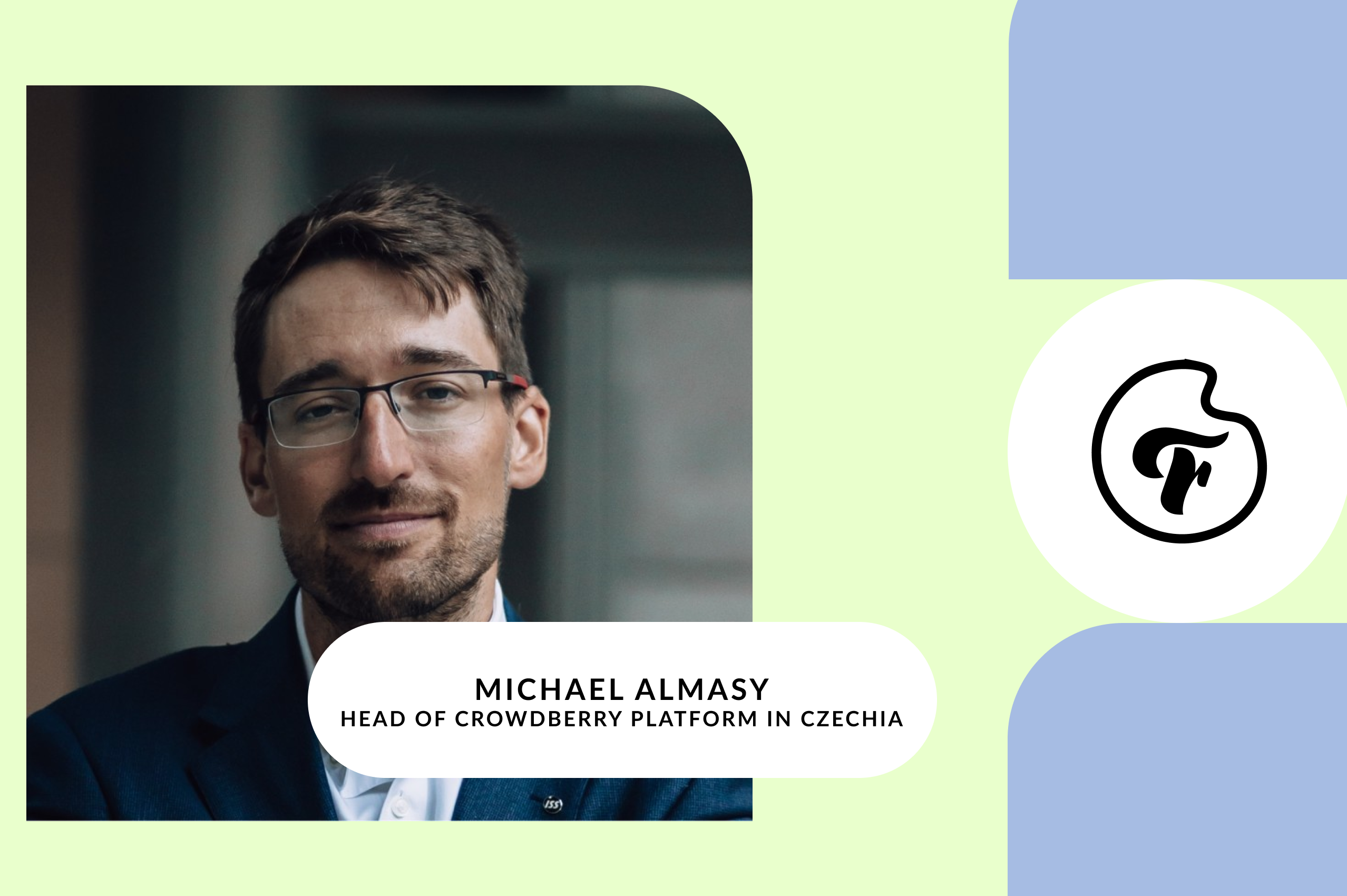
Andrea has had an incredible career journey, moving from acting and modeling to leading change in healthcare. As the youngest COO at the Institute of Hematology and Blood Transfusion, she’s breaking barriers and proving that a creative background can bring fresh ideas to leadership. In this interview, Andrea shares what inspired her to take this path, the challenges she’s faced, and her vision for improving healthcare for everyone.
Transitioning from acting and modeling to leadership in healthcare and education was motivated by a desire to have a more profound impact on people's lives. Healthcare presents a much greater challenge, requiring dedication and resilience, which makes the work incredibly fulfilling. Every day, I am reminded of the deep, meaningful difference we can make in individuals' lives, and that gives my work a significant sense of purpose. While I deeply respect art as the foundation of our culture, I found my true calling in the reform of Czech healthcare and in being a leader
As the youngest-ever COO of Instiute of hematlogy and blood transfusion, what sets me apart as a leader is my unique blend of sociological insight, international experience, and a deep commitment to healthcare reform.
My background equips me with a profound understanding of social dynamics, which is crucial when leading teams and navigating the complexities of the healthcare system. Experiencing different cultures abroad has broadened my perspective, allowing me to approach challenges with adaptability and innovative thinking. This global outlook enables me to implement strategies that are inclusive and effective.
By combining these experiences, I strive to lead with empathy and vision, focusing on making meaningful, everyday impacts in the lives of patients and healthcare professionals alike. My goal is to drive positive change within the Czech healthcare system, ensuring it evolves to meet modern demands while remaining compassionate and patient-centered
Communication is absolutely fundamental to effective leadership, particularly in healthcare - we see how bad it is when some leader - for example politician doesnt have that skill. Teaching communication to medical students is a passion of mine because I believe that the ability to convey information clearly and empathetically directly impacts patient outcomes and team dynamics.
In the high-stakes environment of healthcare, leaders must navigate complex situations that often involve multidisciplinary teams and vulnerable patients. Effective communication ensures that everyone involved understands the objectives, responsibilities, and expectations. It helps in building trust, resolving conflicts, and fostering a collaborative atmosphere where each team member feels valued and heard.
My background in sociology has deepened my appreciation for the social and cultural factors that influence how people interact. This understanding allows me to approach communication with a heightened sense of empathy and adaptability. By integrating these principles into my teaching, I aim to equip future medical professionals with the skills to lead with compassion and sensitivity.
Ultimately, strong communication bridges gaps between patients and providers, enhances teamwork, and drives positive change within the healthcare system. It's a critical tool for any leader seeking to make a meaningful impact in this field.
Certainly, one significant obstacle I've faced in my leadership journey has been overcoming biases related to my gender and age. As a young woman stepping into a leadership role within the healthcare sector, I've often encountered skepticism regarding my capabilities and decisions. Some colleagues and stakeholders were hesitant to place their trust in someone who didn't fit the traditional image of a leader in this field.
To address this challenge, I focused on demonstrating my commitment, expertise, and the value I bring to the organization. I made it a priority to engage openly with my team, listen to their insights, and incorporate diverse perspectives into our strategies. By consistently delivering results and showing resilience in the face of adversity, I began to shift perceptions and build credibility. Moreover, my background in sociology and international experience allowed me to approach problems with a fresh perspective, fostering innovation and adaptability within our team.
Through perseverance and a dedication to inclusivity, I was able to transform initial doubts into a collective confidence in our shared vision.This journey has reinforced for me the importance of challenging stereotypes and supporting diversity in leadership. It has also inspired me to mentor other young professionals, encouraging them to overcome similar obstacles.
Absolutely, my formal education has been instrumental in my development as a leader in the healthcare sector. Pursuing studies in health law provided me with a comprehensive understanding of the legal frameworks and regulations that govern healthcare systems. This knowledge is crucial when making strategic decisions that comply with legal standards and protect both the institution and patients' rights. It has enabled me to navigate complex legal issues with confidence and ensure that our practices align with national and international healthcare laws.
Completing an MBA in strategic management has complemented my legal studies by equipping me with advanced skills in organizational leadership, strategic planning, and operational efficiency. One of the key lessons I've applied is the importance of aligning our organization's goals with actionable strategies that are both sustainable and innovative. The MBA program emphasized data-driven decision-making and the value of measurable outcomes, which I've incorporated into our projects to improve accountability and performance.Another significant takeaway is the focus on change management.
The healthcare industry is constantly evolving, and leading successful transformations requires careful planning and communication. My education taught me how to manage resistance to change, engage stakeholders effectively, and foster a culture that embraces continuous improvement. Overall, the combination of health law and strategic management studies has broadened my perspective, allowing me to approach leadership with a holistic view of the organizational, legal, and enocmics factors involved. This multidisciplinary approach has been essential in driving reforms within the Czech healthcare system and ensuring that we deliver high-quality care. But of course everyday practice is irreplaceable. My favorite quote is still ,,sometimes you win, sometimes you learn“
Absolutely, my vision for innovating healthcare and public administration revolves around making the system more efficient, accessible, and patient-centered. One specific change I aspire to lead is the implementation of integrated digital health platforms. By embracing advanced technologies like electronic health records and telemedicine, we can streamline processes, reduce administrative burdens, and improve communication between patients and providers. This not only enhances the quality of care but also makes it more accessible to people in remote or underserved areas.
Another initiative I'm passionate about is policy reform to simplify and modernize public administration within healthcare. This includes reducing unnecessary bureaucracy and implementing transparent, data-driven decision-making processes. By doing so, we can allocate resources more effectively and ensure that healthcare professionals can focus more on patient care rather than administrative tasks.I'm also committed to fostering a culture of continuous learning and professional development among healthcare workers. This involves promoting training programs that emphasize not only medical expertise but also soft skills like communication and empathy. Such programs can improve patient interactions and outcomes, leading to a more compassionate healthcare environment.
Lastly, I believe in the importance of cross-sector collaboration. By working closely with educational institutions, technology companies, and government agencies, we can develop innovative solutions that address the complex challenges facing our healthcare system. My goal is to lead initiatives that not only bring about immediate improvements but also set the foundation for sustainable, long-term progress in healthcare and public administration. I'm deeply interested in the economics and sustainability of Czech healthcare. This involves developing strategies to manage healthcare spending wisely while maintaining high standards of patient care. For example, investing in preventive care and public health initiatives can reduce long-term costs by minimizing the incidence of chronic diseases.
Additionally, promoting cost-effective treatments and optimizing supply chains can make the system more financially sustainable.My goal is to lead initiatives that not only bring about immediate improvements but also ensure the long-term economic sustainability of our healthcare system, making it resilient and capable of meeting future challenges.
For young professionals, especially women aiming for leadership roles in non-traditional fields, my heartfelt advice is to be courageous and unapologetically yourself. Don't be afraid to speak up and share your ideas boldly—your voice brings a unique and necessary perspective. Embrace your background as a powerful asset that can drive innovation and offer fresh solutions.
Remember, you don't want to be remembered as someone who stood quietly in the corner. Step into the spotlight with confidence, take initiative, and make your presence known. Surround yourself with mentors and allies who support your journey, but also trust in your own abilities and skills. By being brave and vocal, you not only pave the way for your own success but also inspire others to break barriers. Your courage can redefine what's possible and create lasting change in your field. Be the girl who decide to go for it.


